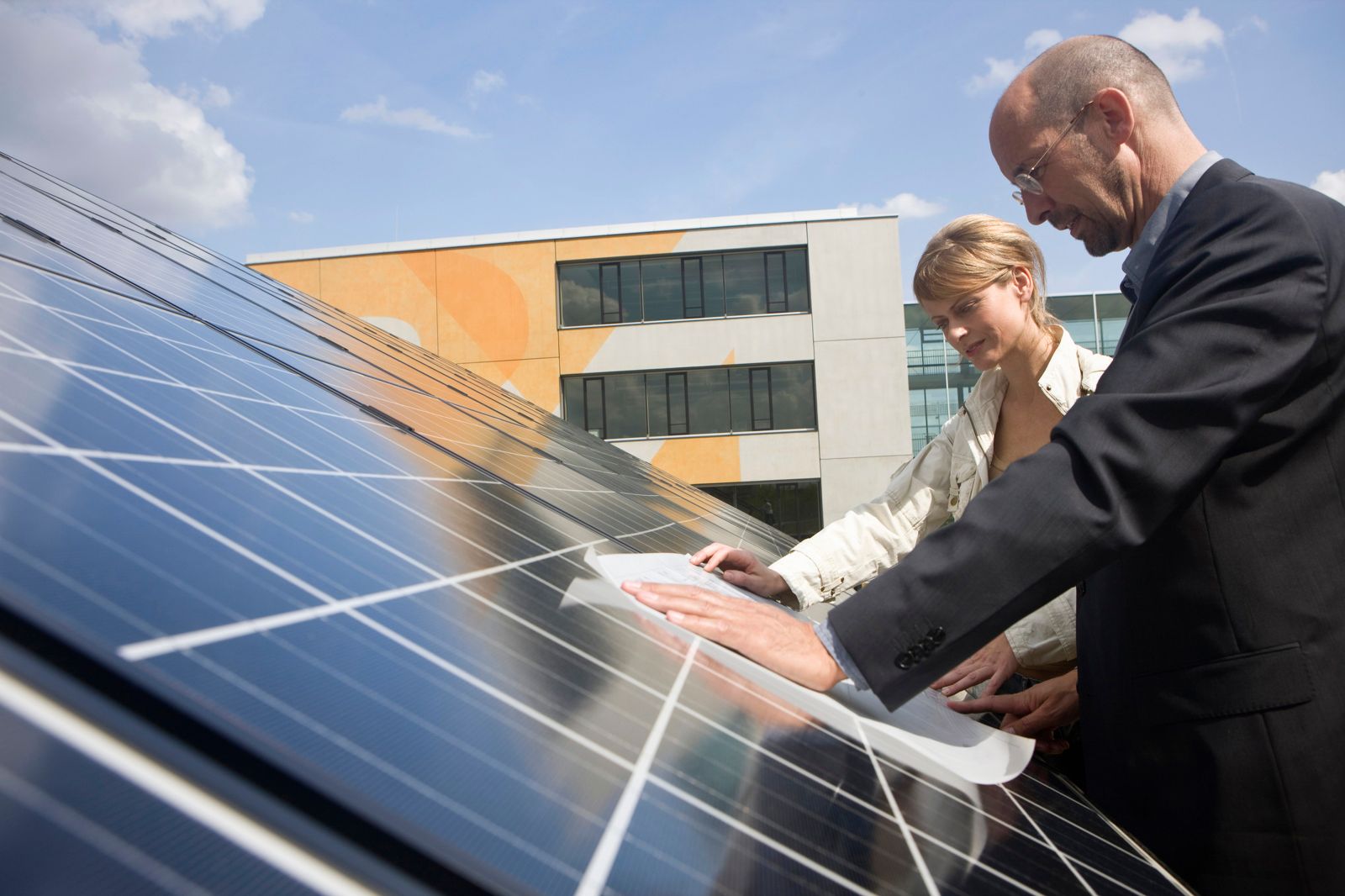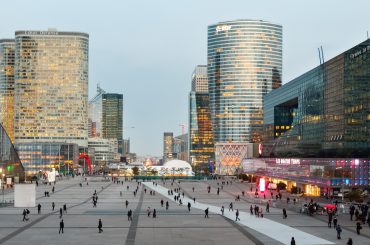Throughout the world, photovoltaic solar solutions have demonstrated their efficiency in lowering the GHG (Greenhouse Gas) emissions of residential and commercial buildings. Rexel offers a full range of dedicated equipment: solar panels, mounting structures, inverters, special cables, and safety fitting.
In Sweden for example, Storel, one of the Group’s banners, recently installed solar panels on the roof of a vocational school in Boras that will provide 58,000 kWh/year.
In 2016, Rexel Sweden, specializing in solar photovoltaics, created a customized installation for Schneider Electric’s Swedish headquarters: a photovoltaic charging station for electric vehicles that uses the building’s network, which serves as an energy storage unit. The electricity produced by the solar panels is used, depending on needs, to supply the headquarters’ offices or recharge vehicles.
Rexel is also deploying these renewable energy solutions on its own structure. In November 2018, the Group inaugurated Cestas 2, a Regional Logistics Centre (RLC) in Nouvelle-Aquitaine (France). Rexel Group has selected for Cestas 2 a building that complies with the ICPE (Classified Environmental Protection Facility) and is certified as BREEAM (Building Research Establishment Environmental Assessment Method) guaranteeing low energy consumption for a limited impact on the environment. In particular, it will produce 20% of its power needs, thanks to 729 photovoltaic panels with a capacity of 200 Kwc installed on the roof of the building.




